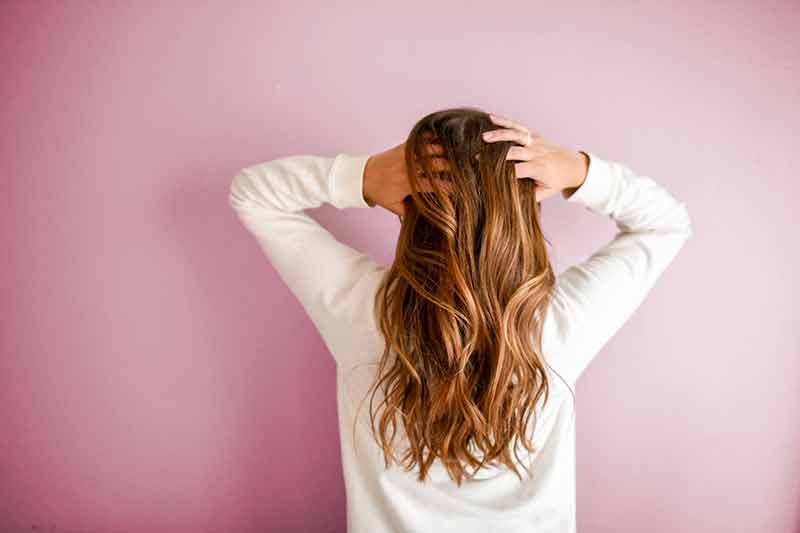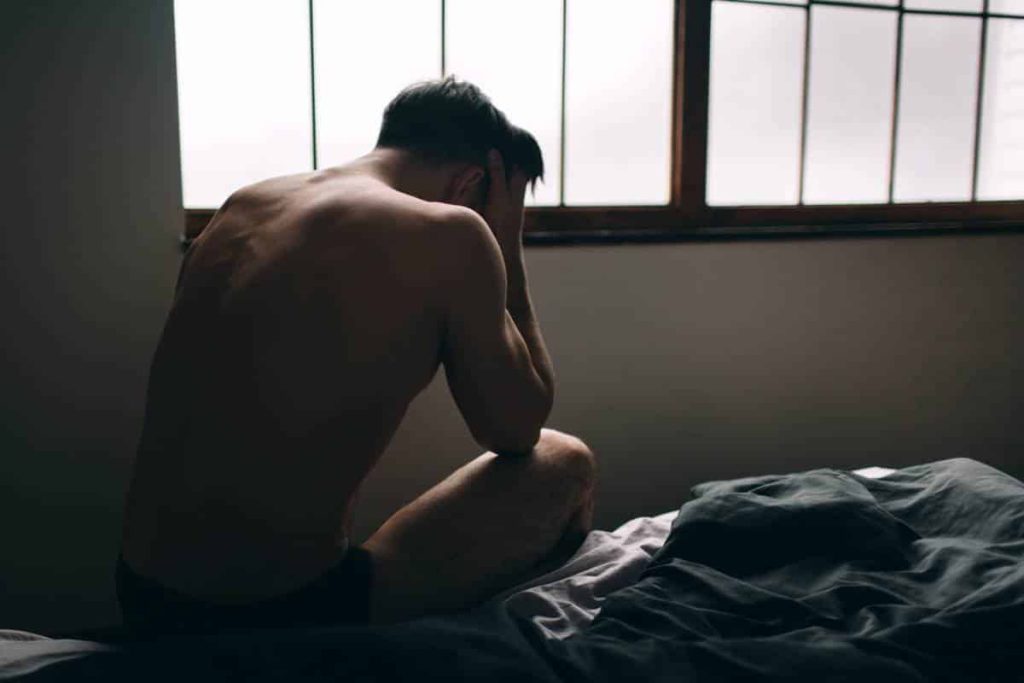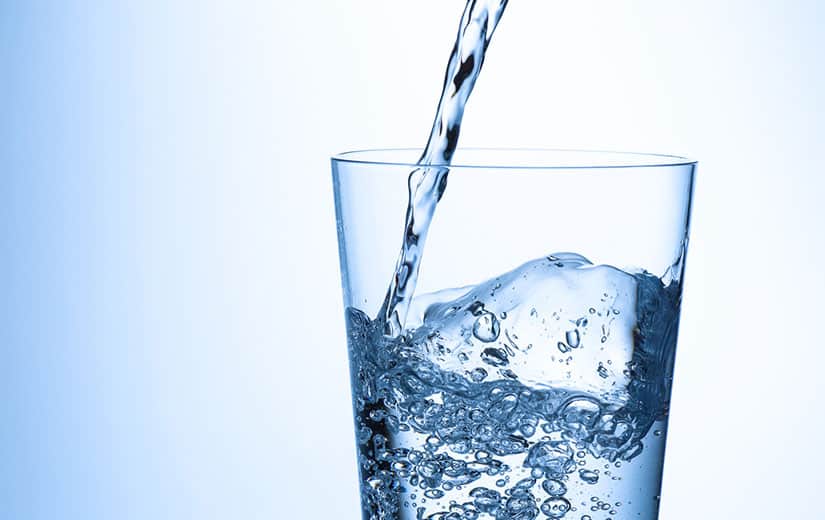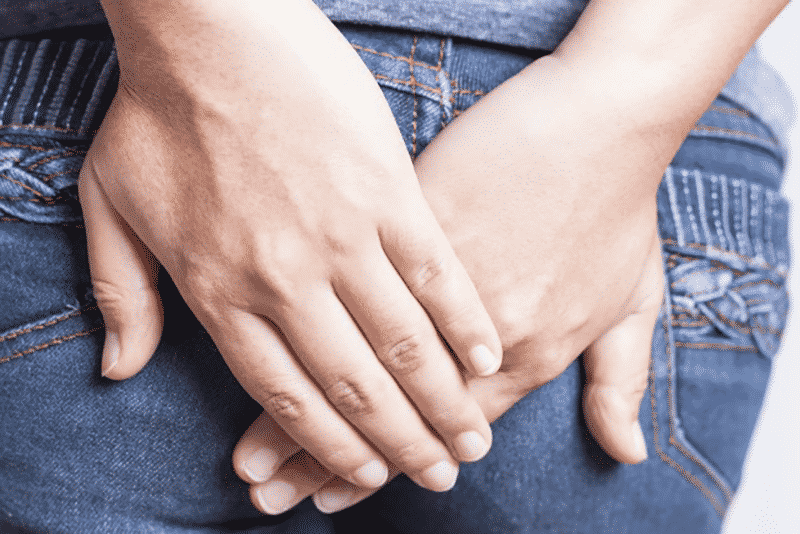We generally think that the condition of our hair depends on how we take care of it and on external factors. But it appears that our hair, coupled with various symptoms, becomes an indicator that something is wrong with the way our body works. We present to you 10 things that hair reveals about health.
Summary
1- Dull and lifeless hair
The first reasons that come to mind if our hair becomes lifeless are care errors, or too frequent use of a curling iron or straightener. Hair also dulls in winter and falls out when our body suffers from a lack of vitamins and microelements. This symptom may indicate that your body needs selenium, sulfur and phosphorus. To make sure you’re right, examine your gums and teeth. If you notice dental problems or other unpleasant changes, you should see a doctor.
Read also: How to stop white hair?
2 – Dandruff in the hair
Dandruff is not dangerous in itself, but it looks rather unpleasant and can cause excessive itchiness. There are many reasons that cause this nasty thing. You might be using too many hair care products. In addition, dandruff is the result of frequent diets (especially those where you have to reduce the consumption of fats and carbohydrates). Another reason could be stress, problems with your gastrointestinal tract, or immunodeficiency. If a person suffers from yellow dandruff, he may have seborrheic dermatitis, a dermatological pathology that is quite difficult to eliminate.
3 – Fine and brittle hair
Thin and brittle hair can be the result of a lack of protein, an element that performs various important functions that other elements cannot handle. In other words, it builds our body. When the body suffers from a lack of protein, the condition of our skin, nails and hair worsens. It is recommended to eat more fruits and consume fatty acids.
But these symptoms may indicate that there are more serious problems. For example, brittle hair is one of the symptoms of Cushing’s disease.
4 – Focal hair loss
It is said that it is normal to lose about 100 strands a day, except during pregnancy, age change or other natural thing when we lose more hair than usual. The easiest way to check if everything is fine is to run your fingers through your hair and run it from the roots to the ends. If all goes well, there should be 0-2 strands; if everything is fine, there will be from 3 to 5 strands; if there are more elements, it is time to consult a doctor.
5 – Greasy hair
Oily hair usually indicates that your diet is not healthy enough and that you are consuming too much animal fat. To solve this problem, try to eat less meat, fatty and fried dishes, avoid consuming sweets, smoked foods, alcohol and coffee.
6 – Premature aging
In fact, aging mainly depends on the person’s genetic predisposition: as we age, the number of melanocytes responsible for pigment production decreases. On average, women begin to see gray hair between the ages of 30 and 40. But there are also situations where young people and even teenagers turn grey.
7 – Itchy scalp
If this symptom is accompanied by pimples, sores, and other types of skin irritation, it’s a sign that something is wrong. Then it’s time to call a dermatologist to make sure it’s not psoriasis or eczema. If the itching is not accompanied by any other symptoms, it may be the result of a nervous system disorder caused by stress. It can also be a tic (and also nail biting).
8 – Dry hair and split ends
If you ignore such obvious factors as constant use and frequent use of a hair dryer, your hair will also dry out. And this because of the lack of protein, iron and copper. This problem is also common in people who follow a strict diet and suffer from problems with their endocrine system.
9 – Hair thinning and protein deficiency
This is more about a man’s haircut. Protein is essential for the formation of your hair. If you don’t get enough, you may notice hair loss or thinning. One portion per day of a protein-rich food, the size of a deck of cards, is sufficient.
10 – Did you just have a baby?
Your body goes through countless physical, emotional and mental changes after you give birth. To this end, after giving birth, a condition called telogen effluvium can occur, causing severe hair loss. In fact, telogen effluvia usually occurs within the first five months after pregnancy and affects almost 50% of women.
Read also: The benefits of spirulina




